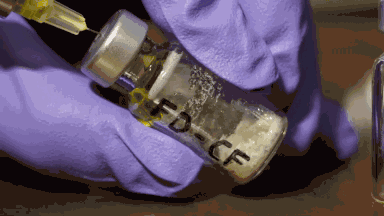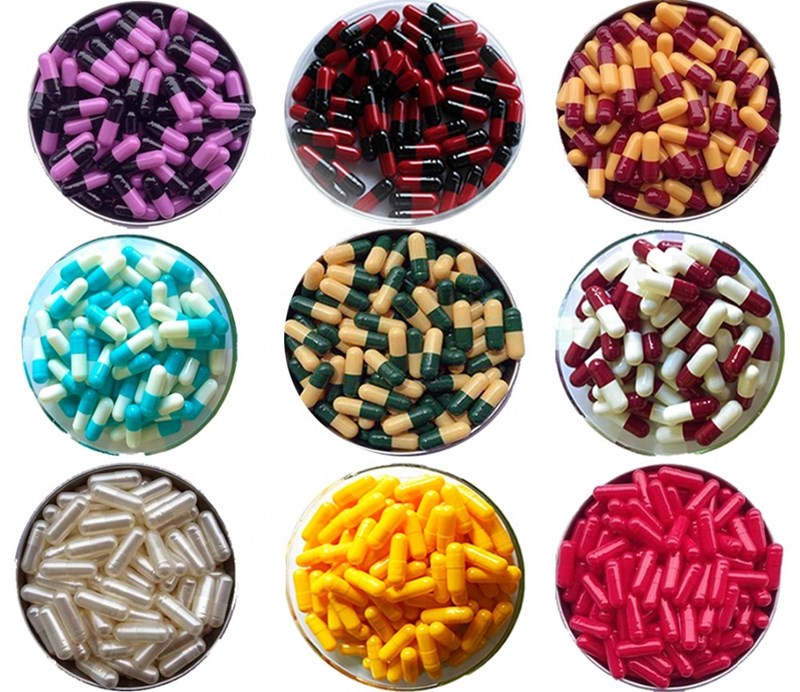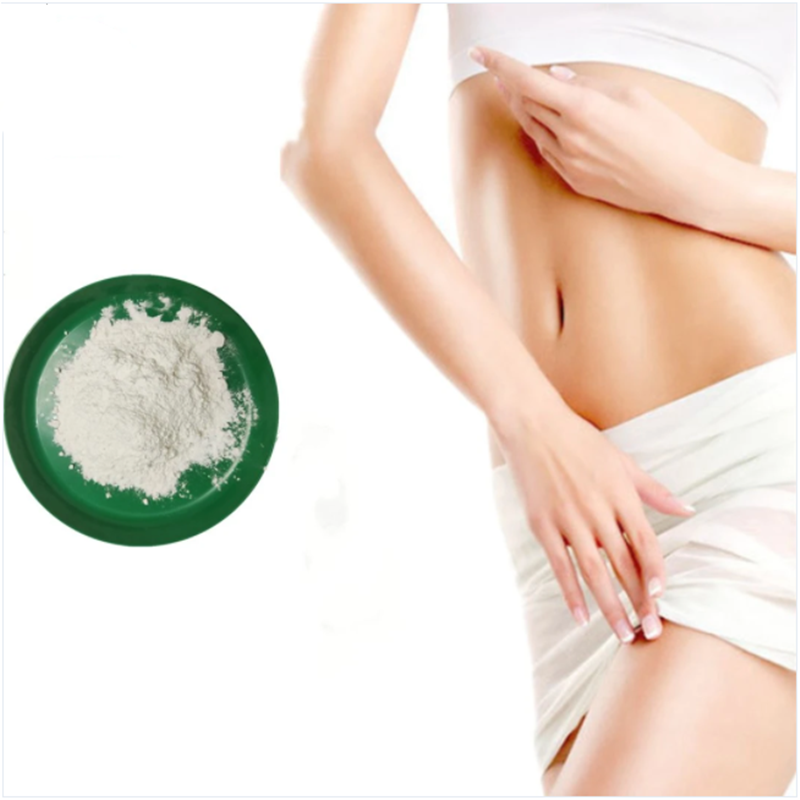Release date: 2016-09-27
In the journal "Cell" recently published by scientists from the University of Toronto, Massachusetts Institute of Technology and Harvard University have invented a Canadian-based freeze-drying technology, portable biological agent production facilities. It is only the size of a common suitcase, but it can produce biologic drugs including antibacterial peptides, vaccines and antibodies in any corner of the world and even in outer space . The only raw material needed is water.
Biologics , including vaccines and antibodies, are important in combating many diseases, especially those caused by microbial infections. Traditionally, the manufacture of such drugs requires the introduction of DNA encoding the active protein into living cells, followed by large-scale proliferation of cells in a factory-like environment, and finally extraction of active proteins from a large number of cells to produce a product. The biologics produced must always be in a refrigerated state before being used, which greatly limits the application of these drugs in many places. Direct freeze-drying of biological agents may also destroy their activity.

Rapid production of protein can be activated by water (Source: MIT Technology Review)
Under the leadership of Harvard professor James Collins, the device called FD-CF (Freeze Dried-Cell Free) invented by scientists in the United States and Canada is expected to completely solve this problem. They have isolated all DNA translation and protein from cells. The molecules required for production can be stored and transported under normal temperature conditions by freeze-drying and adding the same freeze-dried DNA. When used, just add a little sterile water, and this cell-free protein production plant can start producing biologics in minutes. The cost of producing biologics by this method is only 3 cents per microliter, which is more than 10 times cheaper than other existing technologies.

Producing protein can be used for oral or injection (Source: MIT Technology Review)
The researchers used their device to prototype a diphtheria vaccine. Diphtheria is an infectious disease caused by bacterial infections that can be prevented by vaccines, but diphtheria vaccines are very sensitive to temperature, and overheating or freezing can lead to inactivation. The vaccine produced by the FD-CF portable device is comparable to the vaccine produced by the modern factory and effectively protects the mouse from diphtheria infection in mouse experiments.
The researchers also used the device to create a toolbox that can produce different drugs for different diseases. By combining antibody technology, specific antibody drugs can be designed and produced for different infection sources. They successfully used this toolbox to create antibody drugs that are resistant to C. difficile infection. Researchers believe the device will be able to cope with disease outbreaks that occur in local areas, and in the longer term, the device can be used to make different drugs on long interstellar travel.

This drug production device can be quickly placed for the benefit of poor areas (Source: FoxNews)
Dr. Bradley Bundy, associate professor at Brigham Young University in the United States, believes that the prospects for this technology are exciting: "It allows us to store a large number of vaccines and drugs without having to store a device that can make drugs, which is more economical and versatile." This technology is being used to try to make protein drugs that can fight cancer.
The researchers acknowledge that it will take some time for the device to be put into practical use. The difficulties they face include how to purify the produced biological agents, how to obtain sterile water, and training users. However, this technology has bright prospects, and humanitarian aid organizations can use it to quickly provide the drugs needed in areas experiencing natural disasters or disease outbreaks. Future astronauts may also be inseparable from space travel. We hope that researchers will bring it to market soon.
Reference materials:
1. Freeze-Dried Molecules Can Be Used to Whip Up Medicines Anywhere
2. Freeze-dried drug factories could make a slew of medicines — just add water
3. Portable, On-Demand Biomolecular Manufacturing
Source: WuXi PharmaTech
Losing weight is a behavioral pattern aimed at reducing excess body fat and weight. Moderate weight loss reduces the risk of obesity and improves the health of patients with obesity complications.
There are two main types of commonly used drugs for the treatment of obesity: one is appetite suppressants that act on the central nervous system: these drugs are also known as anorexia drugs, which reduce serotonin and norepinephrine by affecting the activity of neurotransmitters. Reintake, thereby reducing food intake, suppressing appetite and increasing basal metabolic rate for weight loss, such as sibutamin. There is also a lipase inhibitor that acts on the periphery: by blocking the absorption of part of the fat in the diet to achieve weight loss, patients requiring drug treatment with a BMI greater than 30kg/m2 and no comorbidities, or greater than 28kg/m2 with other comorbidities .

Our company specializes in providing raw materials for weight loss, Garcinia Cambogia Extract, White Kidney Bean Extract, Green Tea Extract, etc.
There are also some raw materials, orlistat, liraglutide, cetilistat, etc.
Our company also provides OEM and ODM services

Topiramate Powder,Orlistat Capsule,Metformin Hcl Powder,Weight Loss Raw Materials
XI AN RHINE BIOLOGICAL TECHNOLOGY CO.,LTD , https://www.rhinebiotech.com